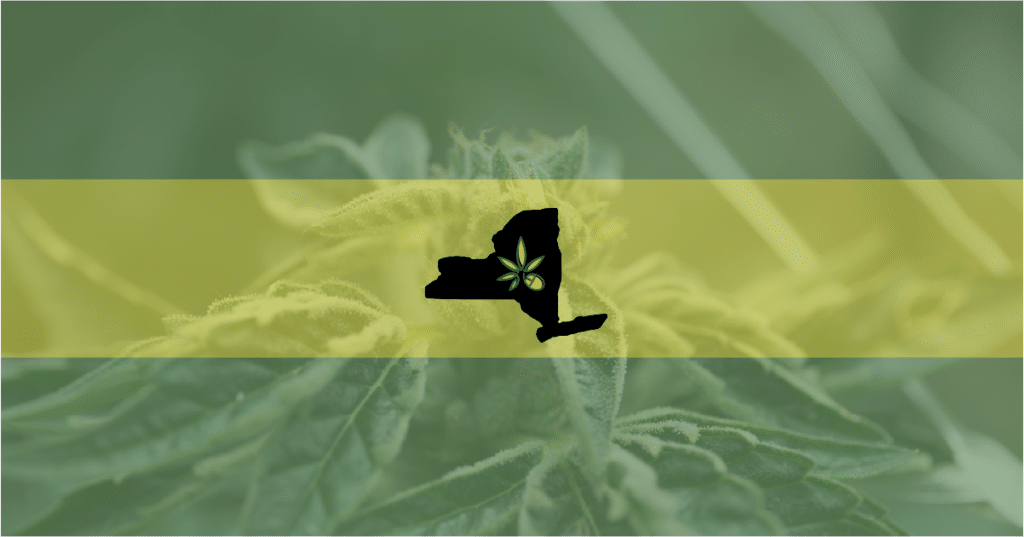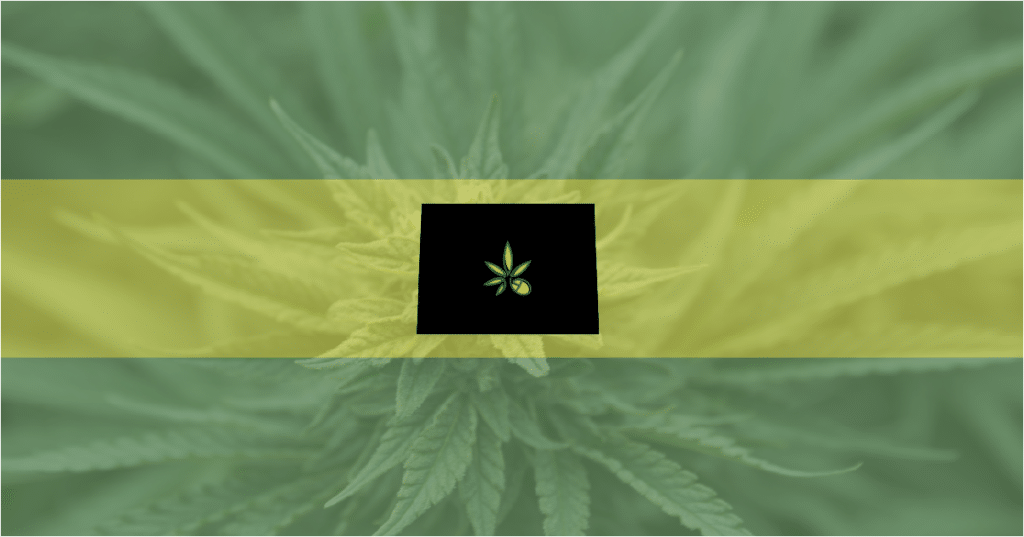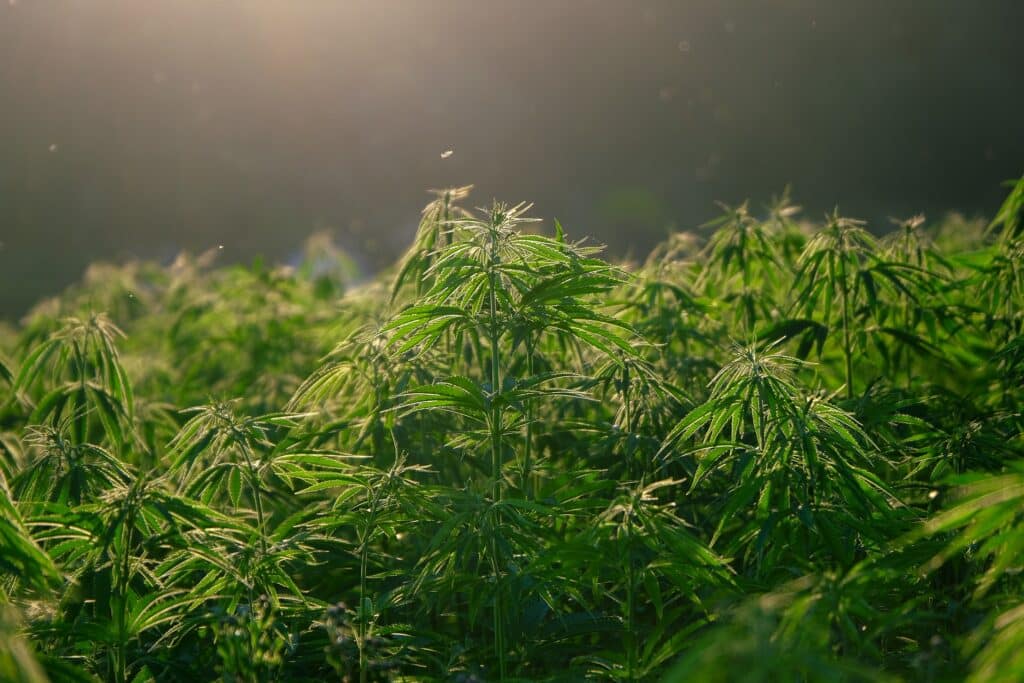New York has become the next state to legalize recreational cannabis in the United States, making it the sixteenth state to do so.
After six years of negotiations, the legalization bill passed both the state Senate and Assembly, with the Senate vote passing with 40 votes in favor and 23 against, and the Assembly having 100 votes in favor and 49 against.
Signed into effect by governor Andrew Cuomo this Wednesday morning, the new law allows New Yorkers to legally carry up to 3 ounces (roughly 85 grams) of cannabis. Cannabis sales are scheduled to begin in 18 months once New York has finalized the regulations for its recreational marijuana program. Public consumption of cannabis has also been legalized wherever smoking tobacco is allowed, but not in locations prohibited by state law, such as in workplaces, hospitals, universities, colleges or locations within a 100-foot-distance from a school.
Individuals will be allowed to grow up to 6 marijuana plants for personal use 18 months after the passage of the bill. Medical patients will be allowed to begin cultivating plants 6 months after following the passage of the bill.
Get more details here about legal weed in New York, including what types of weed are legal and how this affects you as a consumer.
Economic Boost from Marijuana Legalization
As New York stands to become the second largest legal-cannabis market in the United States, economists estimate that once the Empire State has set up regulations and a cannabis board, their legalization plan will generate $300 million in annual profits. These funds will be used in compensation for regulation and enforcement costs, and the unspent money will be allocated to provide funds for schools, drug treatment and prevention programs as well as a job skills and adult education programs.
Under this legalization plan, New York is setting a 9% sales tax on cannabis, with an additional 4% county and local tax. Furthermore, the level of THC in a given marijuana product will also be taxed, with flower being taxed at a rate of 0.5% per milligram and edibles being taxed at a rate of 3% per milligram.
In total, it is estimated that cannabis will be taxed at a 20% rate.
“In the beginning, marijuana prices will be higher because there’s less of it available,” said Liz Krueger, the sponsor for the Senate legislation that legalized recreational cannabis. “So the tax rate will actually be lower. As [the] market matures and there’s more product in the legal market, the pricing with the tax will average around a 20 to 21% tax rate.”
Social Equity in New York’s Legalization Plan
Under New York’s current legalization plan, half of the licenses that will be awarded will be allocated to minority communities in recompense for the damages done to such communities as a result of the War on Drugs. New York is also planning on automatically expunging the criminal records of those who have been arrested on marijuana charges.
Regarding these policy decisions, Assembly Majority Leader Crystal People-Stokes said: “We have literally destroyed the lives of multiple thousands of people… We’re going to turn around the lives of some of those people and help them to be able to take care of themselves, their families and their communities.”
Additional Resources:
At The Weed Blog, we strive to produce the latest online news resources regarding marijuana. We also review various strains of cannabis or other edible counterparts. We are committed to helping you find valuable information about marijuana on our website. With marijuana laws constantly changing, learn from us what you can do to promote activism in your area. Otherwise, consider these other top-tier articles regarding cannabis:
New York Governor Unveils Updated Marijuana Legalization Plan For 2021
New York Lawmakers Overcome Marijuana Legalization ‘Impasse’ And Expect Bill In ‘Next Day Or So’
New York State Just Legalized Weed, And They Legalized It RIGHT





